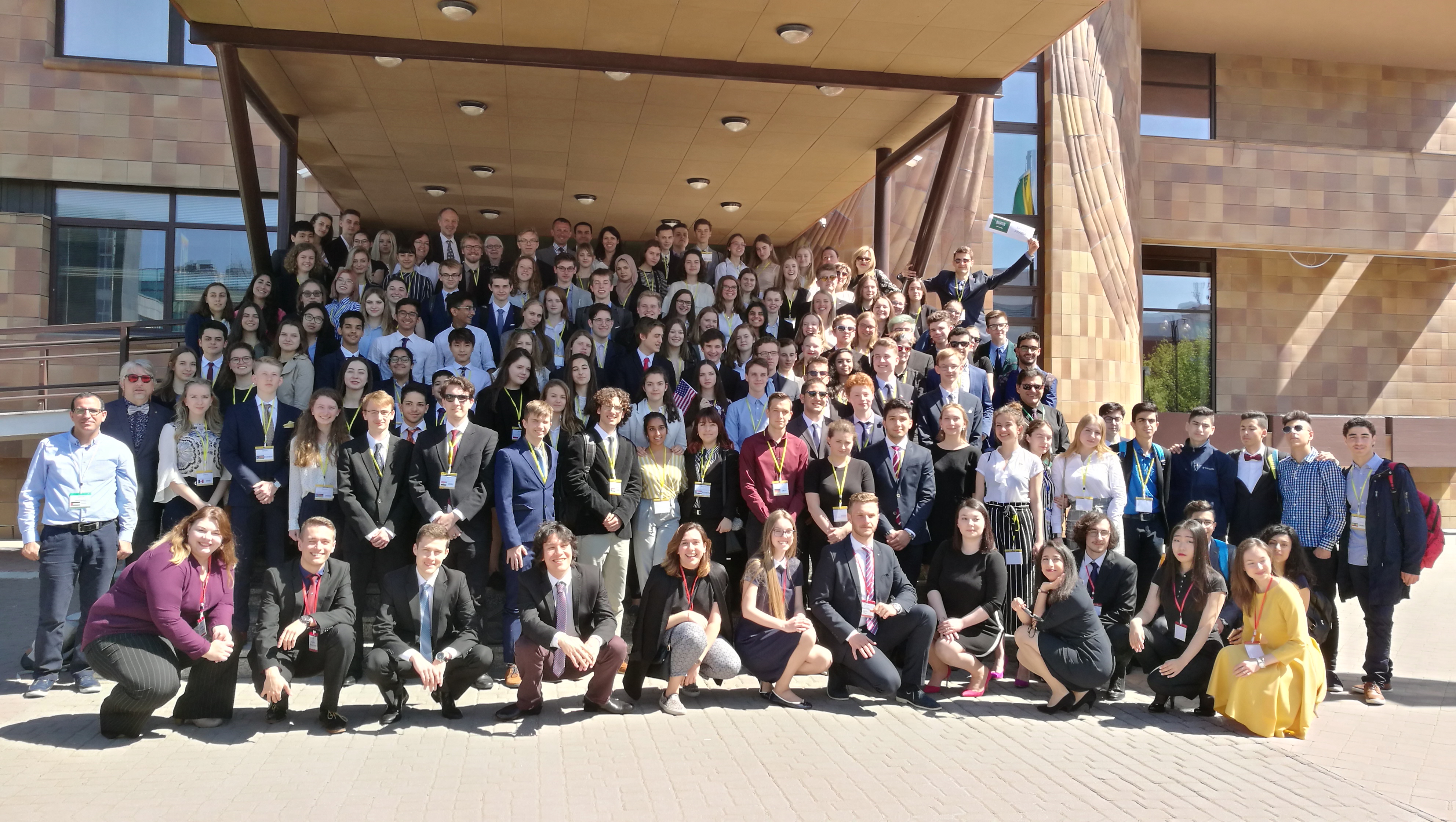
UNGA: In November 2014, the fifth and final volume of assessment by the Intergovernmental Panel on Climate Change (IPCC) indicated that emissions, mainly from burning fossil fuels, may need to drop to zero by the end of this century in order to keep the temperature growth below the level that many consider dangerous. The failure to do so could lock the world on a trajectory with irreversible impact on people and on the environment. The IPCC also confirmed with 95% probability that global climate change is both real and mostly a man-made problem. Renewable energy resources represented 19% of global energy consumption in 2012 with further growth in 2013. Fossil fuels still lead in energy consumption with 78,4%, remaining 2,6% coming from nuclear power. This still represents the largest source of greenhouse gases (GHG) that affect temperature on Earth. Mitigation of the risks for global climate through the limitation of the consumption of fossil fuels and a more massive turn to renewable sources of energy is among the most important issues for future prosperity of the humankind. The world has been paying attention to the issue of climate change since 1988 through a number of UN General Assembly resolutions and creation of IPCC. Today, 144 countries have established their goals regarding renewable sources in the energy generation. The UN Framework Convention on Climate Change (UNFCCC) represents the comprehensive global response, especially its Kyoto Protocol, Copenhagen Accord, actions and commitments of developed nations and actions of developing nations on mitigation. In this regard, the adaptation and support in the transition from GHG-producing to GHG-clean technologies using the full range of the UNFCCC mechanism including Cancun Agreements have increasing importance, especially as regards developing countries and investments into renewable sources of energy.
(Tmichalkova@students.isa.edu.gr)
Send your Policy Statements here (click)


